It’s not possible for a movie or series part of the superhero genre to not indulge in tropes that have been seen time and again. The Falcon and the Winter Soldier was an acclaimed series in its own right but there were plenty of played-out tropes found in it.
All things considered, the story of Sam and Bucky going up against the Flag Smashers, along with Sam’s eventual turn as Captain America needed a few of these tropes to be the quality series it was. Then again, their goal of stopping Karli Morgenthau from causing global calamity could have been even better had certain other tropes been left out.
A Grand Reveal Of Betrayal
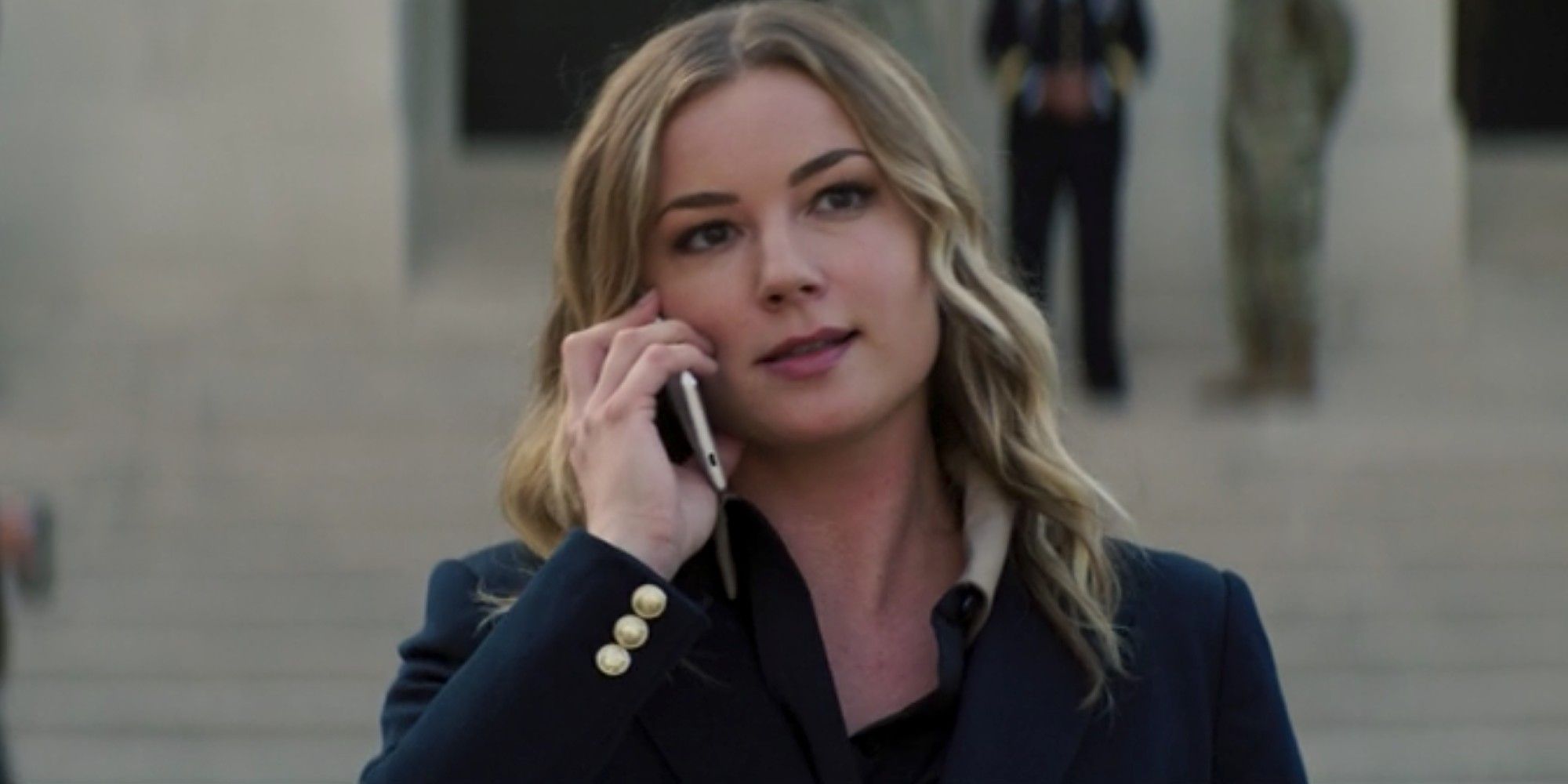
With a show surrounding politics, soldiers, and characters turning out to be spies, the grand reveal of Sharon Carter being a traitor was too on the nose. This is a trope that’s fairly common for the superhero genre, with a supposedly heroic character revealed to be villainous.
Sharon was shown to be the Power Broker all along, but this reveal not only arrived too late, but it was also fairly obvious. For this reason, it’s a generic version of an already played-out trope that the series would have done better not to include.
The Sympathetic Villain
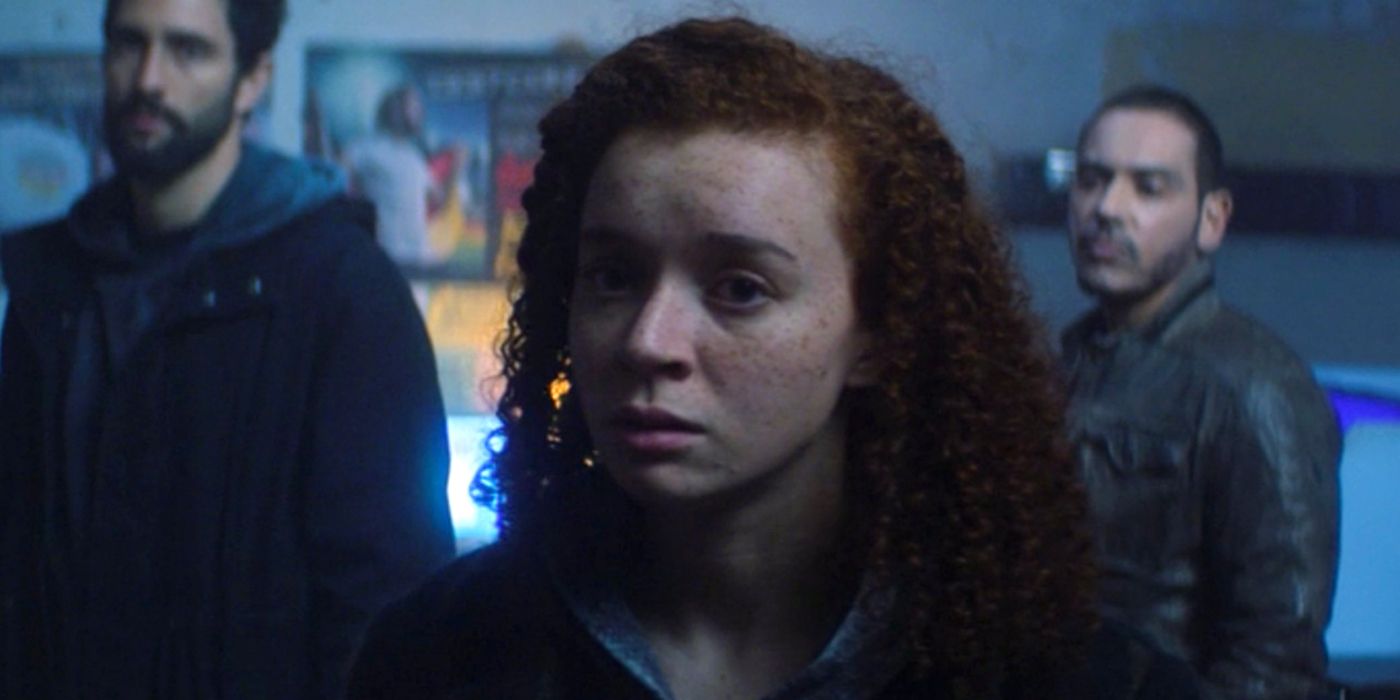
This is an altogether tired trope by this point, especially since the MCU has played it out across its phases. The likes of Loki, Thanos, Ghost, Killmonger had already preceded Karli Morgenthau, who was the latest entry in this list.
Karli was presented as a sympathetic character who wanted national borders gone in favor of one world, but she crossed the villainous line a bit too many times for this trope to truly work. Not to mention that it’s been used so many times by now that Karli didn’t feel like anything special.
An Advertised Extra Superhero
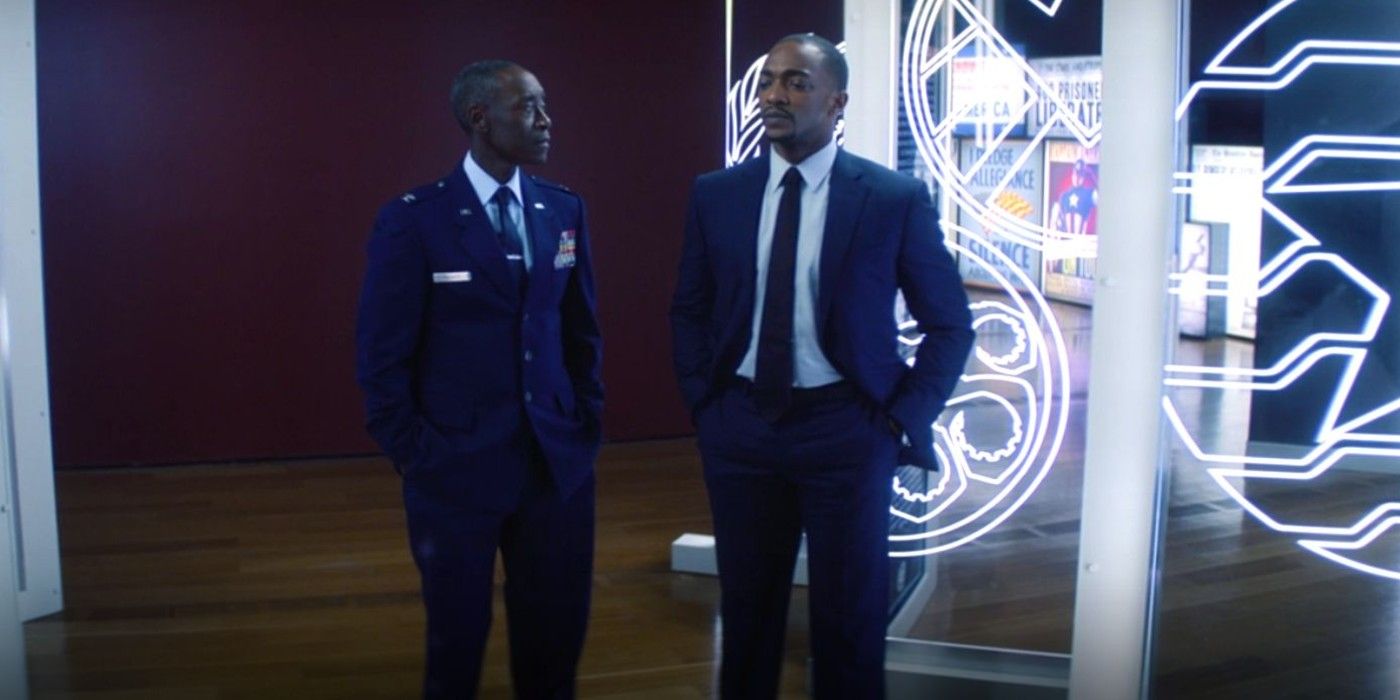
It’s very common for superheroes to be teased for a movie or show, only for them to appear for a cameo at best. This trope is used to create hype around the story but is still a rather cheap way to generate interest since the advertised character turns out to just be an extra.
The Falcon and the Winter Soldier played this trope through James Rhodes, who appeared in the very first episode with Don Cheadle listed in the main cast. However, he disappeared for the rest of the series after his cameo, with his role also leaving more to be desired since Rhodey wasn’t part of the main action.
Characters’ Powers Getting Nerfed
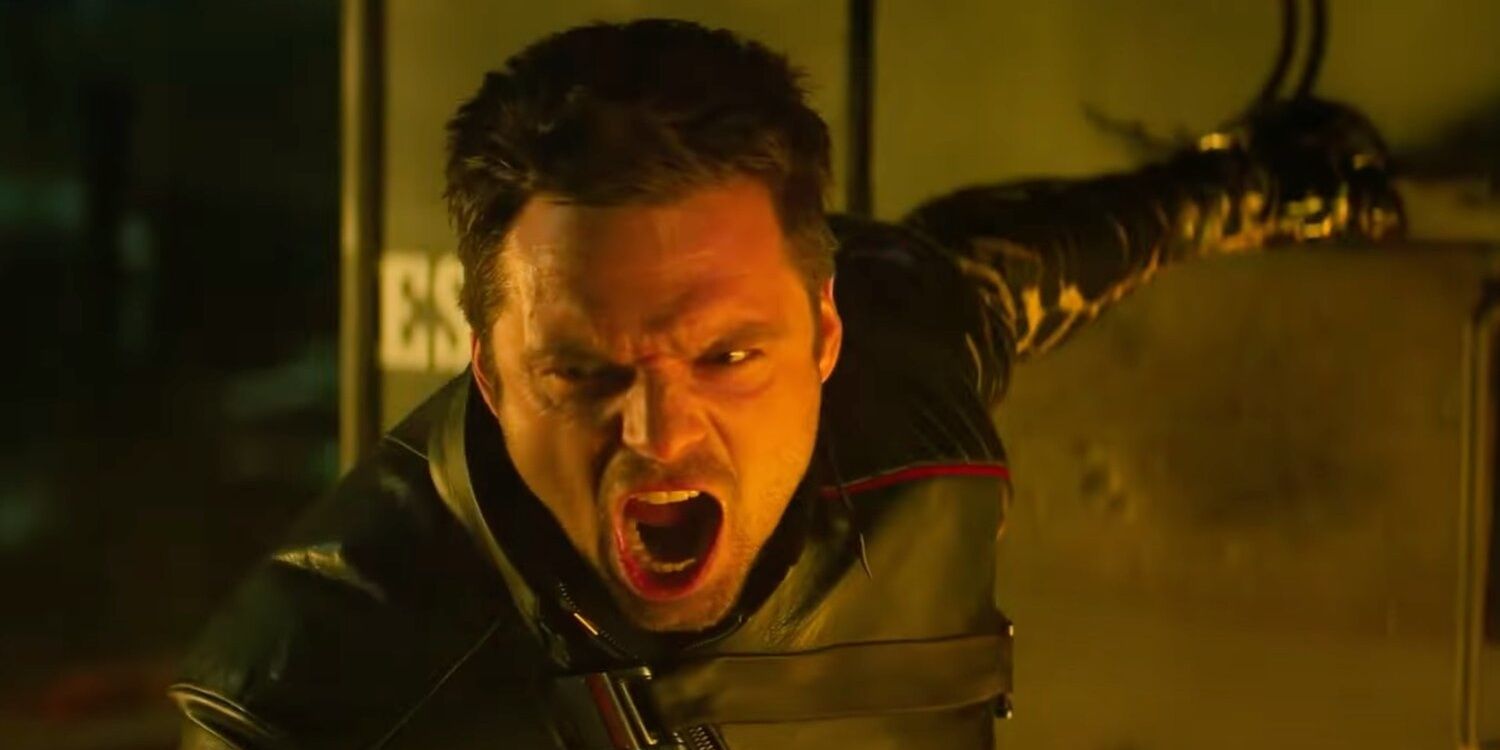
On one hand, it’s understandable why heroes are made weaker since them being too strong won’t make conflicts interesting. However, Bucky’s obvious advantages as a super soldier and an extremely skilled assassin were heavily downplayed to ultimately “nerf” the character.
While fans were still invested in Bucky’s decision to work on his mental health, viewers would have liked to have seen Bucky showcase more of his abilities since he was going up against unskilled people who had none of his fight experience. The many times he came up short are too glaring in contrast to his established feats, making this trope unwarranted.
A Curb-Stomp Battle
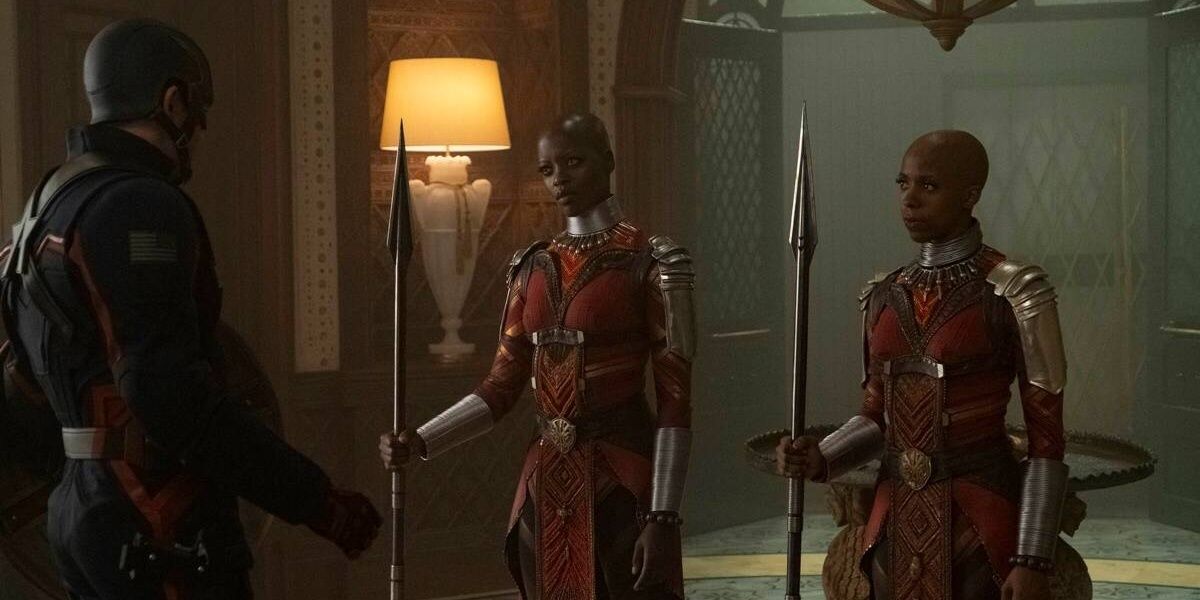
This is a trope that has the main characters get absolutely demolished by the inclusion of foes more powerful than them. It’s used as a way to establish the new characters as an instant threat but carries the side effect of undermining the protagonists’ skills.
The Falcon and the Winter Soldier used this trope for the Dora Milaje, who easily bested John Walker and also made short work of Sam and Bucky. Although the Dora Milaje had already been established in Black Panther, the inclusion of this trope, at least, had some function in FATWS.
Not only was the tension and choreography of the scene intense and entertaining enough, but the battle seemed to bring Walker down off of the pedestal he placed himself on. However, this is a rare example of the trope being used properly.
The Best Friend As A Moral Compass
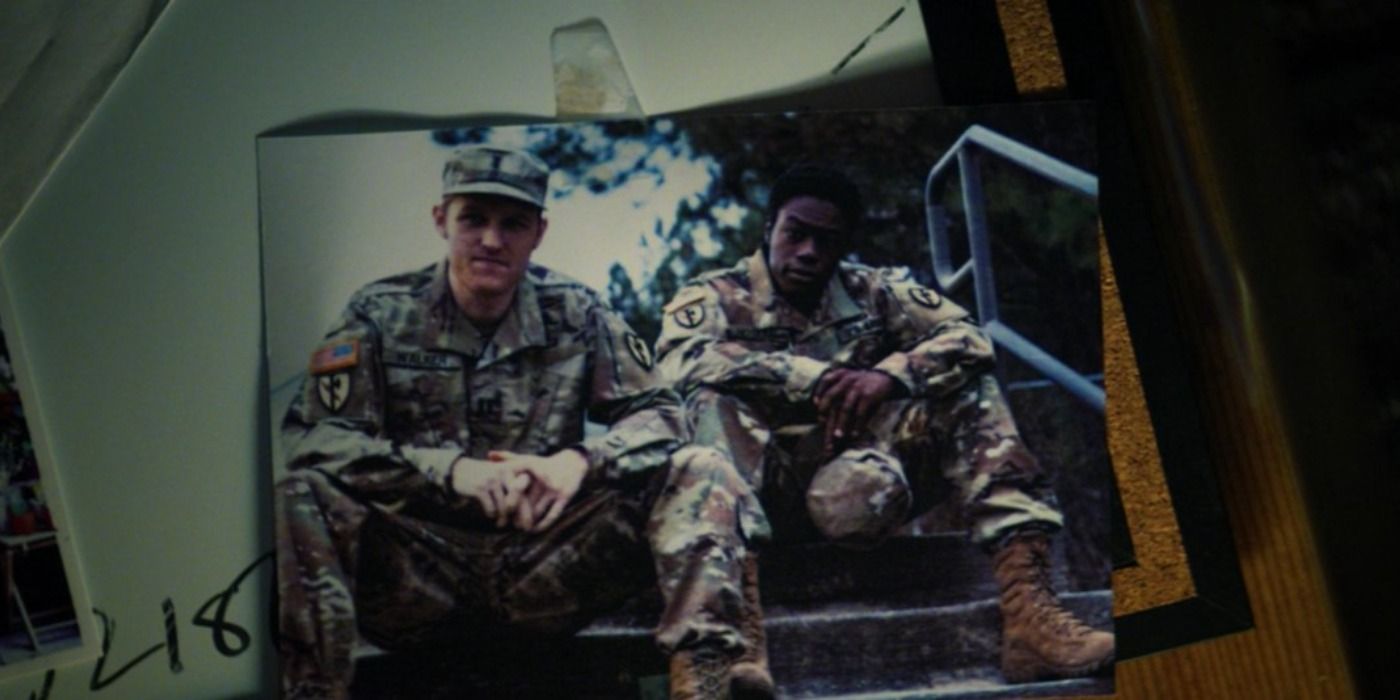
With one of the themes being friendship, it’s easy to see why The Falcon and the Winter Soldier indulged in this trope. Still, it has gotten tiresome, with characters like Bucky, Peter Parker, Captain Marvel having their best friends Steve Rogers, Ned Leeds, and Nick Fury, respectively, as their moral compass.
The Disney+ series had Lemar Hoskins play this role for John Walker, with the latter almost descending into villainy after the death of Hoskins. It wasn’t invoked too badly, though, as it made perfect sense within the story since Lemar did bring the best out of Walker. However, it didn’t stop fans from being disappointed with Lemar’s story being cut short since he played an important part in the comic books.
An Anti-Hero Character
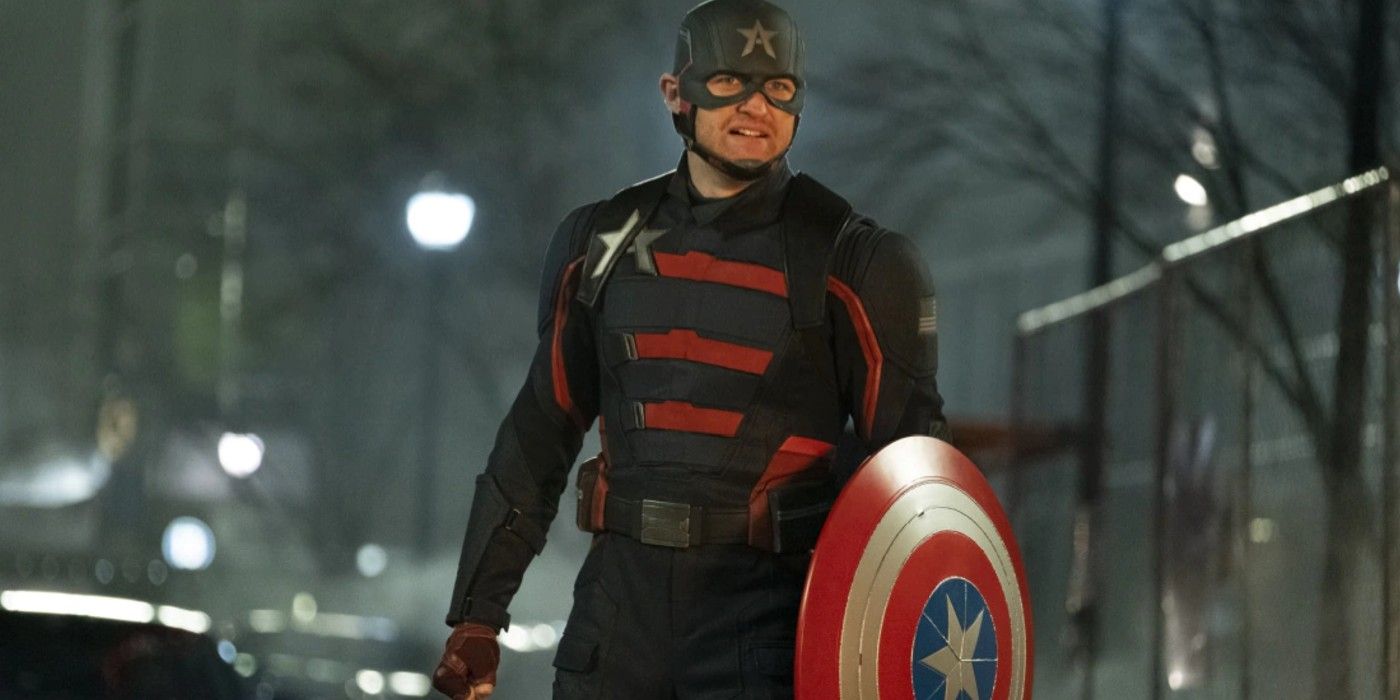
John Walker coming across as neither a good guy nor a villain was faithful to the comics, where he had a similar persona as U.S. Agent. For this reason, the anti-hero trope was justified in The Falcon and the Winter Soldier as Walker came across as a person who could be both loved and hated.
Even better was how the story made him seem this way, as Walker’s intentions were noble as he wanted to live up to being Captain America, yet, his brutal methods made him far from a classic interpretation of a hero.
The Superhero Landing
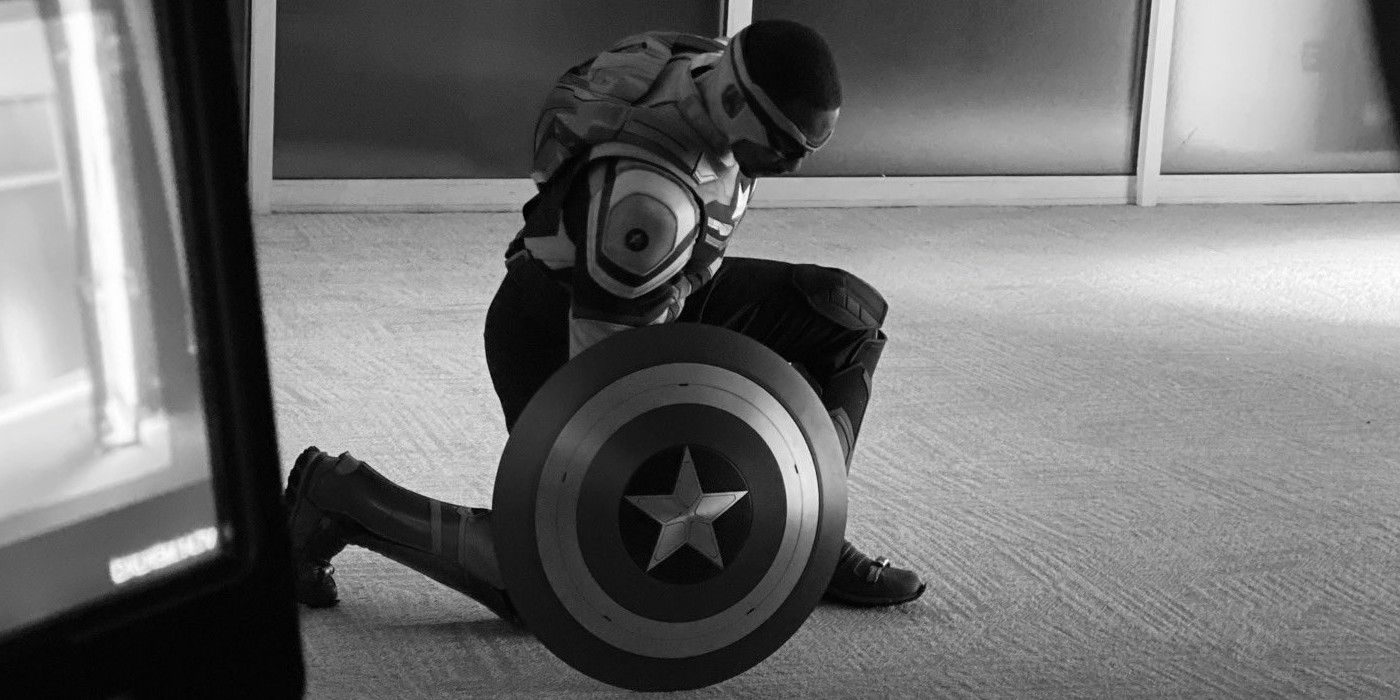
This is something that films like Deadpool have made fun of but The Falcon and the Winter Soldier was content with playing this trope straight. Bucky and Sam were seen in just about every episode making use of the superhero landing as their way of arriving at a new location.
In fact, this was Sam’s way of announcing his turn as Captain America, with his superhero landing making use of the use of his suit’s wings. Even John Walker was shown several times cashing in on this when he had taken on the role of Captain America. Still, the fact that this always looks awesome onscreen is why this trope will never get old.
The Journey Of Becoming The Successor
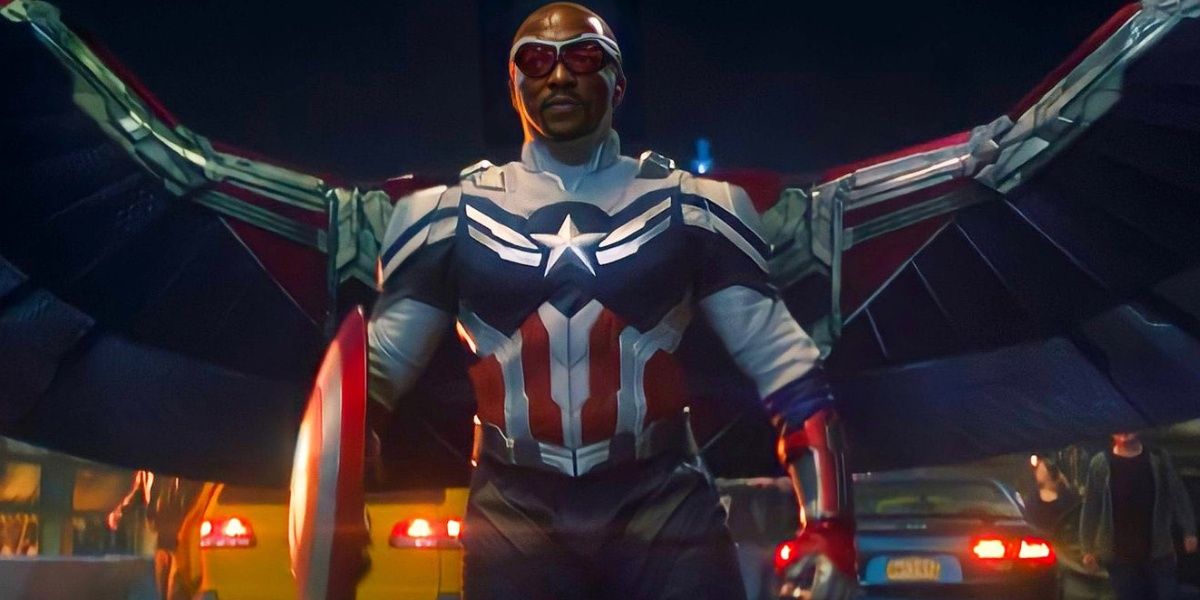
The very nature of spin-offs centering around former supporting characters is to set them up as successors. It’s a fairly formulaic angle, with the main character overcoming their initial resistance to eventually accepting the responsibility.
In essence, The Falcon and the Winter Soldier was fully based on this trope, yet it was still great to see Sam’s development as Captain America and the story did it justice as well. Since the seeds were already planted from the end of Avengers: Endgame, this felt like a natural progression with the payoff tying into the Flag Smashers arc as well.
Main Characters Are Bash Brothers
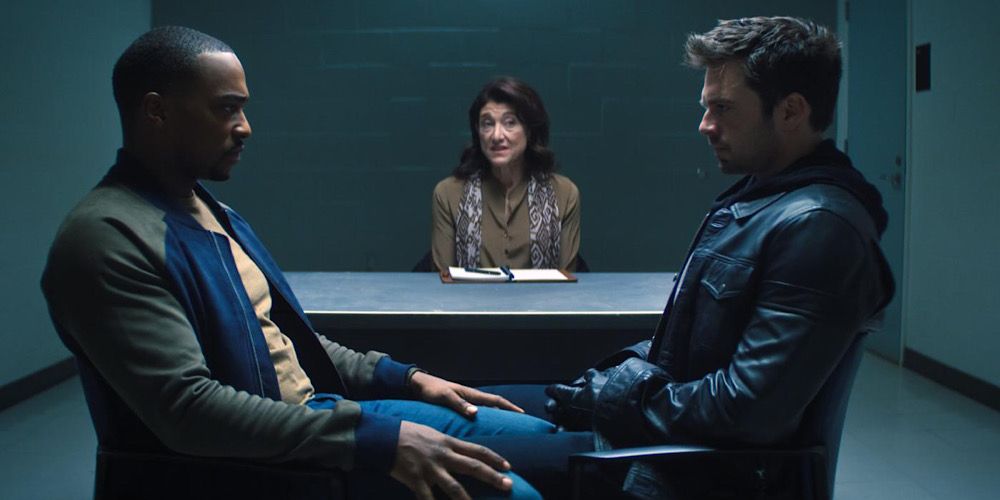
The ‘bash brothers’ trope sees the main duo always being at each other’s throats, with their relationship defined by their tendency to compete with one another. Sam and Bucky’s dynamic was based on this trope as the two constantly sniped at one another.
This trope was also one of the selling points for the series as the main characters’ constant bickering was a way to highlight their relationship. Of course, the trope also requires there to be a bromance brimming between them, with Sam and Bucky eventually seen as best friends.




